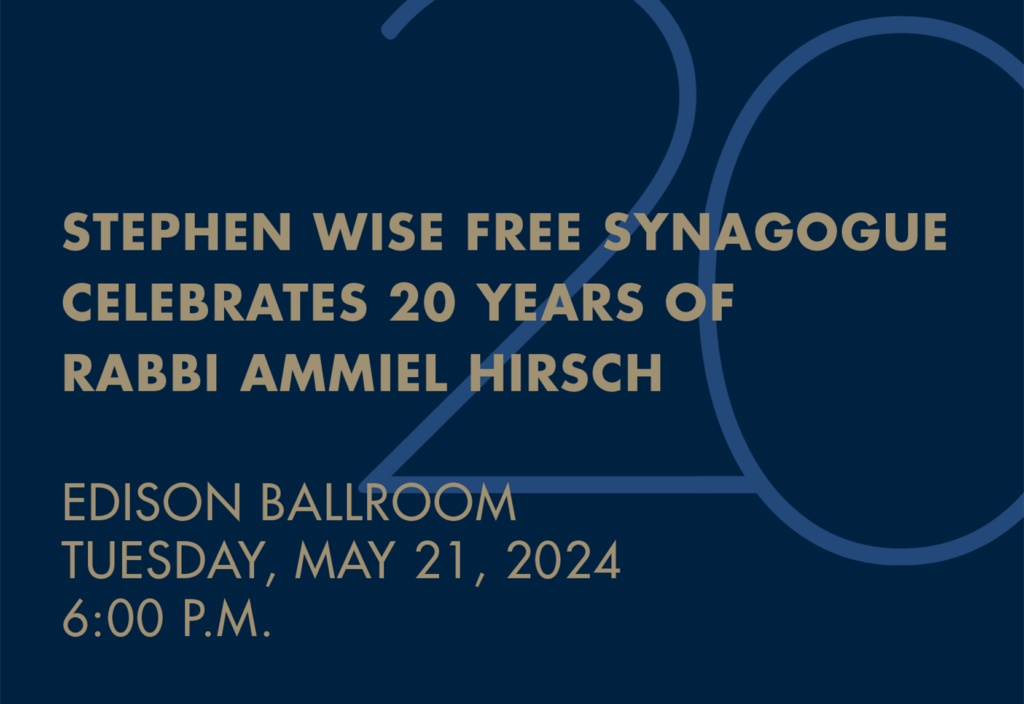Rabbi Dalia Samansky confesses “I hate matzah.” She does, however, appreciate the symbolism of the bread of affliction: “The whole process of making matzah must be completed in under 18 minutes — its hastiness results in its tastelessness.” But we should be careful not to rush through life, she says, lest each moment be as tasteless as matzah.
Rabbi Ammi Hirsch struggles to understand how his dental plan could deny his claim. “Try putting yourself in another’s shoes — or the dentist’s chair,” he suggests.
Have you ever questioned a tradition only to find out that no one knows where it came from? “One of the unique aspects of Judaism is that it is a religion that is far more interested in what we do than what we believe,” says Rabbi Dalia Samansky. “By habituating ourselves to acting like the people we aspire to be, we are able to actually become those better versions of ourselves.”
What do non-binary people do at the Western Wall? “I think it feels like you would have to quiet yourself a little bit to be there,” one of our Rabbi Rena Rifkin’s colleagues said. Reflecting on silenced Holocaust survivors, our children’s quiet traumas, and the catharsis built-in to the Passover Seder, she says, “These quiet times may be fleeting or they may last longer, but there is a lingering effect…”
“This will be the most painful sermon of my career,” says Rabbi Ammi Hirsch as he addresses the crisis in Israel. “Something fundamental is at stake. It is not only the role of the courts and the proper balance of power. What this struggle is really about is: what do we mean when we proclaim Israel to be both Jewish and democratic?”
“You can tell when a holiday is important based on the build up to it,” says Rabbi Tracy Kaplowitz, discussing the purification rituals traditionally performed on this Sabbath of the Cow. “As we begin our preparations for Passover, I pray that in Israel they are preparing as well and using the lessons of the red heifer — and 75 years of precedent — to guide them.”


